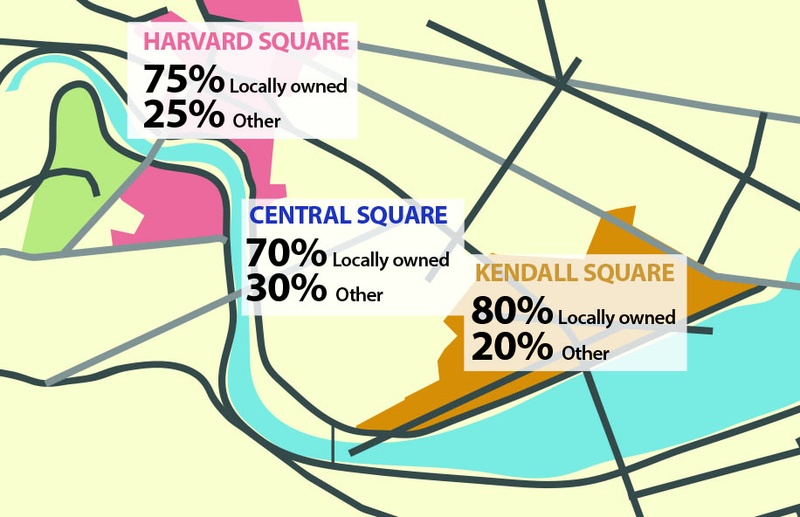Part V of a five-part series on Cambridge City Council election issues. Part I ran on Oct. 4, and Part II ran on Oct. 11, Part III ran on Oct. 18, and Part IV ran on Oct. 24.
Several weeks ago, City Council candidate Marc McGovern perched on a swivel stool at the Harvard Square diner Leo’s Place on JFK Street to discuss his vision for the future of the area. As he spoke, he glanced periodically out the window, watching people rush back and forth past the Tasty Burger storefront across the street.
“How do we insure that Leo’s gets to stay here?” McGovern asked. “It's an establishment. It’s important for the fabric of our community.”
Over the last few years, national franchises, such as Starbucks, Yogurtland, and Shake Shack, have made Harvard Square their new home. In a series of interviews, city council candidates said that these chains have simultaneously edged out local stores and restaurants. Some of these candidates adamantly hoped to reverse the trend, but others expressed little concern.
Locally-owned, independent businesses now occupy three-fourths of the storefronts in Harvard Square, and Kendall Square has a similar composition, according to the areas’ business associations. The Central Square Red Ribbon Commission Subcommittee in its 2011 report wrote that Central Square maintains its “‘mom & pop store’ feel.” Yet the Commission also wrote that both Harvard and Central Square have experienced changes and that “Harvard Square has a ‘shopping mall’ feel” nowadays.
Many City Council candidates have continued to emphasize that Cambridge must work to preserve the eclectic flavor that makes Harvard Square so unique.
To many candidates, policies on licenses and rents should be crucial tools to maintain that balance. But few candidates could articulate cohesive plans for reform—primarily because the City Council sometimes does not have the tools at its disposal to enact sweeping changes. For example, Cambridge has bylaws that leave licensing to a separate commission rather than the council.
STRIKING A BALANCE
City Council candidates voiced concerns that national chains have entered many areas and have particularly encroached too far into Harvard Square—an area that was once primarily the domain of small businesses and mom-and-pop shops.
Over the last few months, an influx of national stores has prompted some candidates to fear that the character of Harvard Square and Cambridge as a whole could become swallowed up by a sea of chains.
“Harvard Square has lost a lot of local business,” said candidate Janneke House. “We’ve seen a bump in nightlife, but we’ve lost a lot of local flavor.”
But candidates disagreed about how to combat the loss of local business. Some suggested that the city ought to foster opportunities for new small businesses.
For example, Nadeem Mazen, a candidate who opened two education start-ups in Central Square, has advocated for using city grants to promote start-up businesses. He envisions those grants going to artistic and cultural business endeavors.
Read more in News
Strong Support, Limited Results: Examining the Approved UC Referenda One Year LaterRecommended Articles
-
THE SQUARE DEALRead Block, a collection of buildings at the center of Harvard Square that once housed The Tasty, will soon be
-
Coupons May Replace Change for HomelessIf all goes according to plan, passersby in Harvard Square may soon be able to give pan-handlers coupons which they
-
Hands Off the SquareAccording to the staff, change in Harvard Square is a sign that things will only get worse. If things getting
-
Recession Cuts Into Area Ad BudgetsWith the recession cutting deeply into the pockets of city store owners, many businesses are resorting to slashing advertising budgets
-
Cambridge FY17 Budget Includes Millions for Local RenovationsCambridge city councillors lauded a recently proposed $574 million city budget for the 2017 fiscal year that appropriated millions of dollars for projects in Harvard Square, and increased educational funding while holding property taxes relatively steady.














